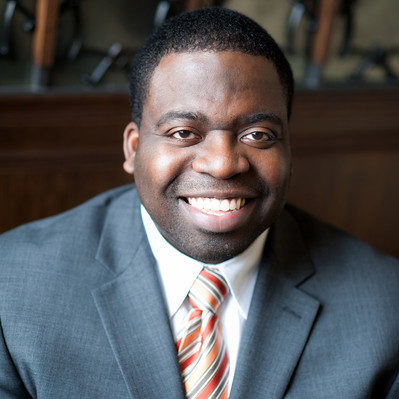At least five were found by the congressional report.
‘Questionable Decisions’
BP, the biggest oil producer in the Gulf of Mexico, made five “questionable decisions” aimed at cutting costs and speeding completion of an overdue project in the days and weeks preceding the disaster, U.S. Representatives Henry Waxman of California and Bart Stupak of Michigan wrote in a letter to BP CEO Tony Hayward that was released yesterday.
via Exxon Distances Itself From BP’s `Dramatic Departure’ in Gulf – Bloomberg.
And it looks like BP’s management was directing all the corner cutting.
BP also apparently rejected advice of a subcontractor, Halliburton Inc., in preparing for a cementing job to close up the well. BP rejected Halliburton’s recommendation to use 21 “centralizers” to make sure the casing ran down the center of the well bore. Instead, BP used six centralizers.
In an e-mail on April 16, a BP official involved in the decision explained: “It will take 10 hours to install them. I do not like this.” Later that day, another official recognized the risks of proceeding with insufficient centralizers but commented: “Who cares, it’s done, end of story, will probably be fine.”
via Documents reveal BP’s missteps before blowout – Disaster in the Gulf- msnbc.com.
This is directly contrary to the claims of BP’s CEO on the Today Show (video below) in early May where he blames TransOcean (who owned the rig, not the well which is what failed) and left the window open to further spread blame to well construction subcontractor Halliburton.
Areas the government could be probing include whether the companies violated any regulations, whether they subverted the regulatory process by seeking favors with Minerals Management Service or other Interior employees, or whether BP acted criminally by keeping away cameras that could have revealed earlier the extent of the spill, Green said.
“They’re going to be looking for evidence of criminal malfeasance,” Green said.
via BP, Halliburton, Transocean Build Legal Teams – NYTimes.com.
At the bottom of all this, I agreee with Joan Walsh when she says that the Obama Administration substantially associated themselves with offshore drilling by lifting the ban on new offshore drilling without truly reforming MMS.
– from delays in cleaning up the Minerals Management Service, distrusting scientists who correctly reported the spill was much bigger than BP said, and waiting more than a week to declare the crisis “an Oil Spill of National Significance,” which corralled new services. Maybe the most damning section of Dickinson’s piece comes when he quotes the president proudly announcing he’d reversed his stand against offshore oil drilling. “It turns out, by the way, that oil rigs today generally don’t cause spills,” the president said. “They are technologically very advanced.”
We know now, that explode, spill, gush, leak is exactly what oil wells can do when run by irresponsible leadership cultivated by CEO Hayward’s BP and deregulated by an understaffed and business friendly MMS. The lesson here is pro-economy is not exactly pro-business. Pro-business is allowing companies to do what they want to make the most money as they exist. Pro-economy is promoting a business environment that is safe and fair to workers and able to grow and fail without destroying other sectors of our economy. The Obama Administration trusted BP’s guidance during the early weeks of the spill and that was more pro BP than pro US economy.

